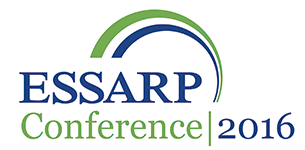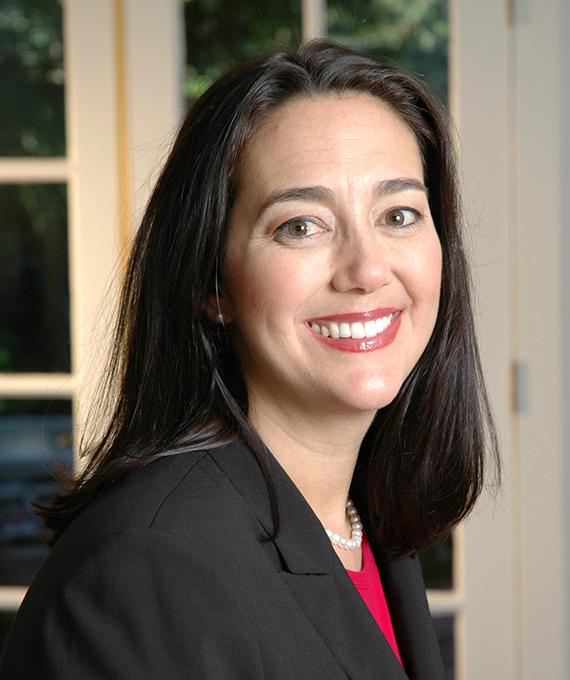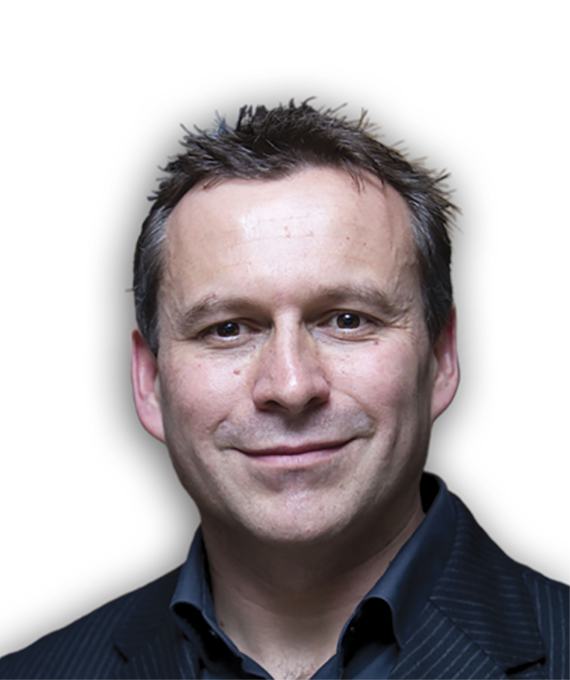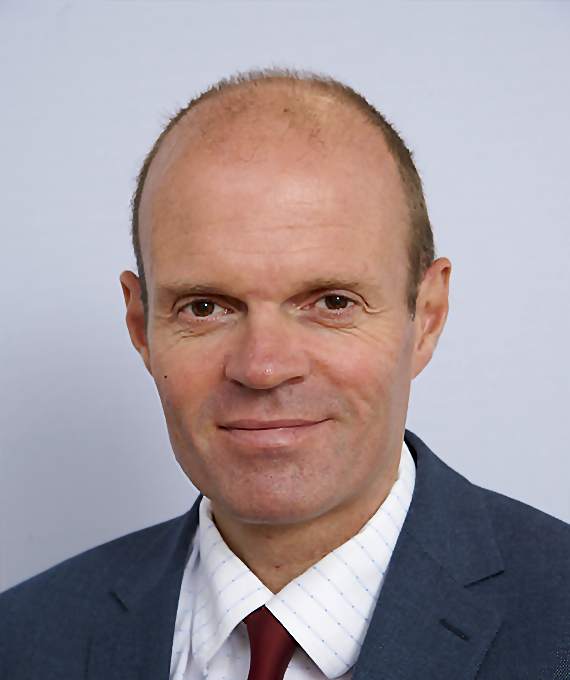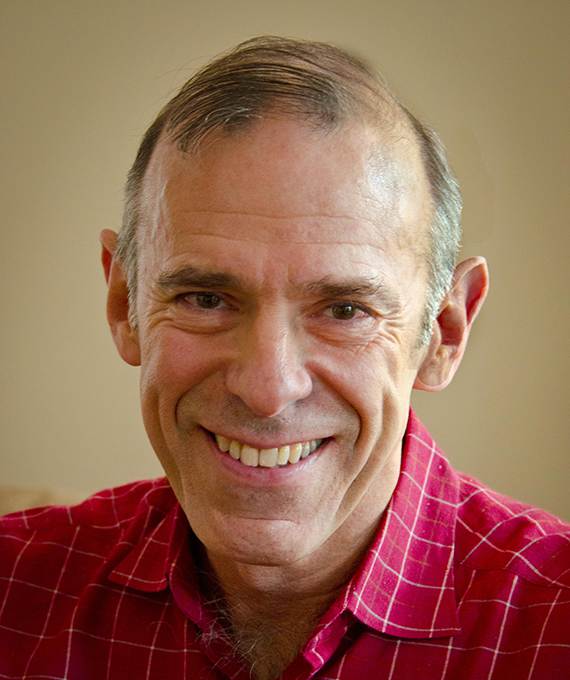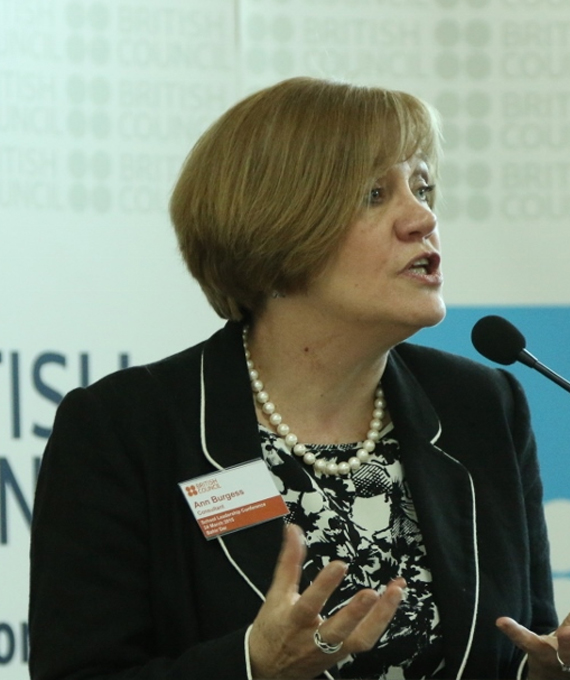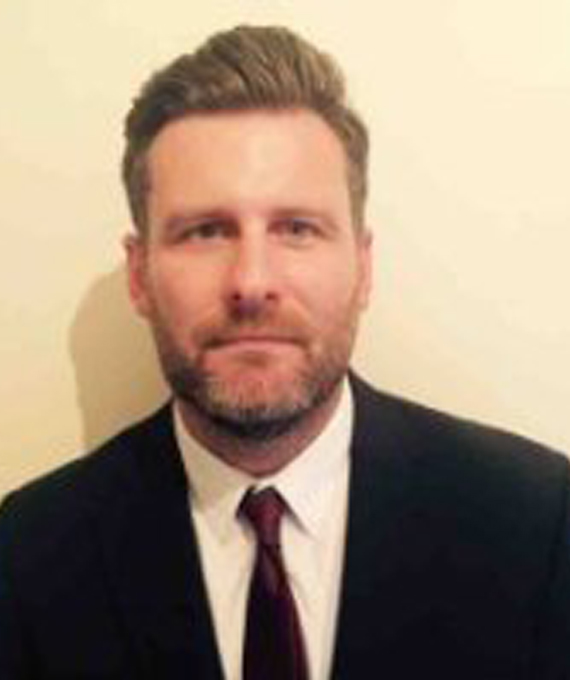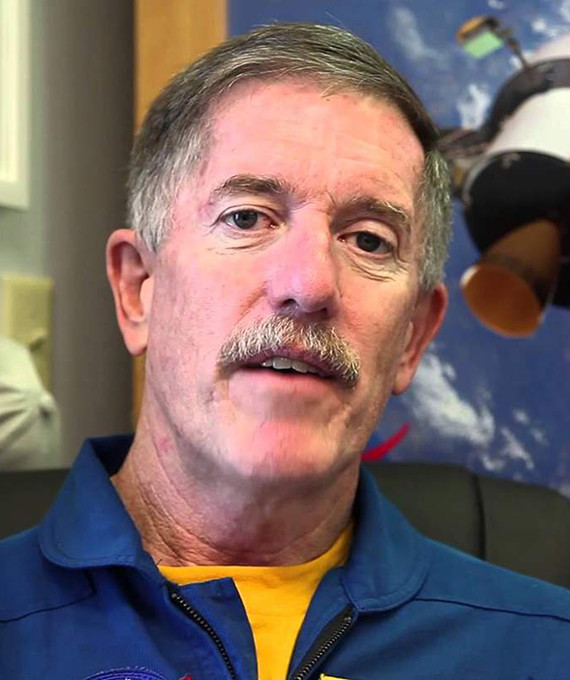
James Reilly
Former NASA astronaut/ STEM Education
Reilly holds a Bachelor of Science, Master of Science, and Doctorate degrees in geosciences from the University of Texas-Dallas. He is the recipient of numerous honours including the Antarctic Service Medal, 1978; seventh Honorary U.S. Marshal, 2001; University of Texas at Dallas first Distinguished Alumnus, 2002; FAI Gold Space Medal, 2008; American Association of Petroleum Geologists Distinguished Service Award, 2015; NASA Distinguished Service Medal (2 awards), NASA Spaceflight Medal (3 awards); Naval Astronaut NFO wings, 2001 and numerous Navy awards.
In 1977, Reilly was a research scientist during the 1977-1978 scientific expedition to Marie Byrd Land, West Antarctica. From 1979, to the time he was selected for the astronaut program in 1995, Reilly worked around the world including North Sea, Argentina, Brazil, New Zealand, as an exploration geologist in Dallas, Texas, rising to the position of Chief Geologist. Additionally, he was involved in biological research spending approximately 22 days underwater to 3000’ in deep submergence vehicles operated by Harbor Branch Oceanographic Institution and the U.S. Navy.
Reilly reported to the Johnson Space Center in March 1995, and flew on three Space Shuttle missions: STS-89 in 1998, STS-104 in 2001 and STS-117 in 2007. He has logged over 853 hours in space, including 5 spacewalks totaling 31 hours and 10 minutes. He has over 2000 hours of high-performance flight time in various NASA aircraft. Reilly retired from NASA in May 2008.
Reilly joined the American Public University System as Dean of the School of Science and Technology in 2009, managing 7 programmes in Maths, Science, Space Science, Environmental Science, IT, and the development of a unique online engineering degree program.
Reilly owns Mach25Management, LLC, providing space operations subject matter expertise and curriculum development to government, academic, and corporate customers. Additionally, he develops science and technology projects for engineering students and younger audiences in the field of aerospace sciences.
